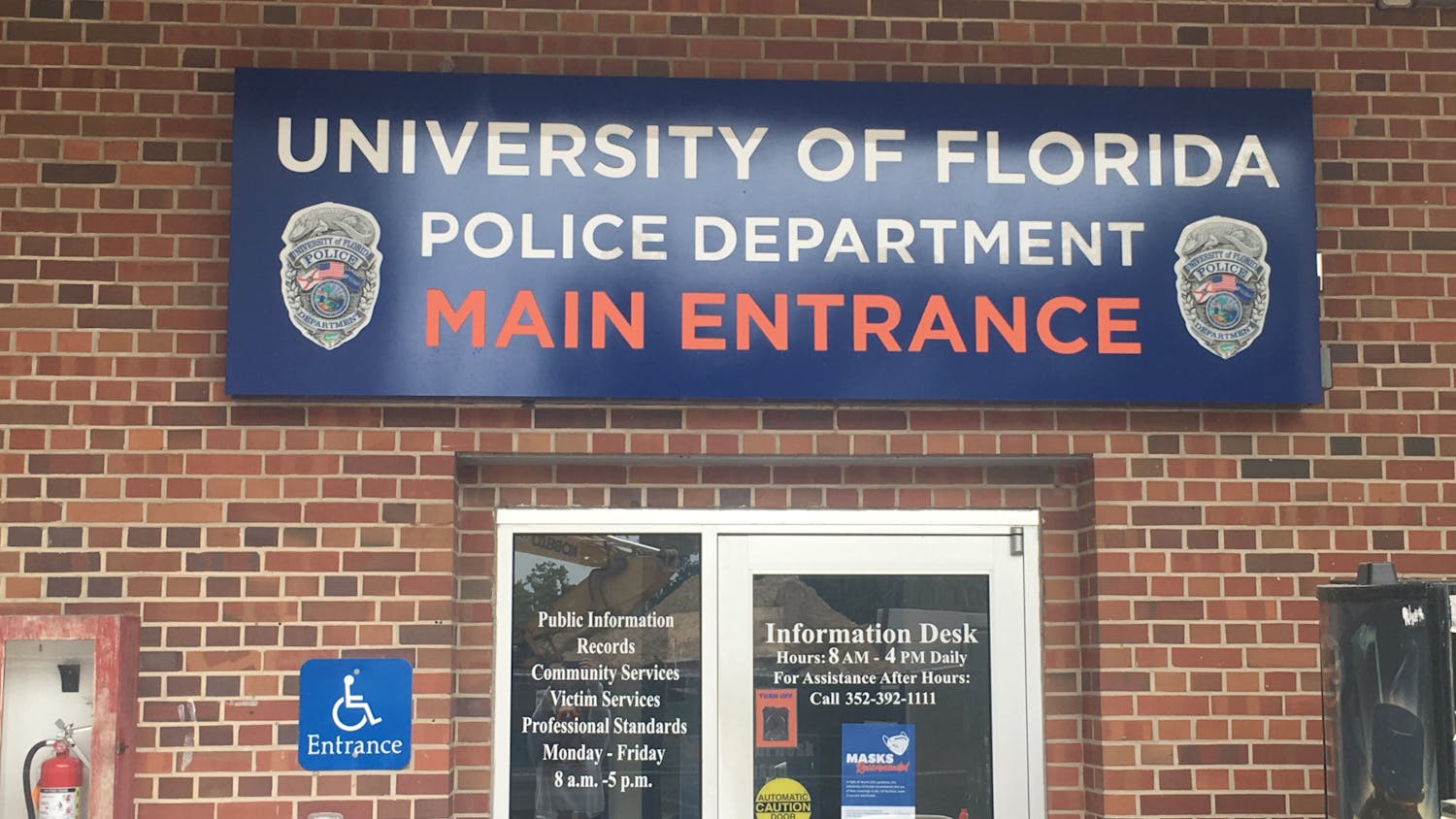The Supreme Court has agreed to hear a case on Texas’ House Bill 2 — a bill that resulted in half of the state’s abortion clinics being closed. The law is a threat to the rights of low-income women in Texas. As the Supreme Court prepares to hear one of its first abortion cases in a while, it must consider the motivations behind such restrictions. Given abortion is a low-complication procedure, many of the restrictions are unnecessary and serve only to make it difficult for women to get an abortion.
While Roe v. Wade made abortion legal under the premise that restricting a woman’s right to get one violated the Due Process clause of the 14th Amendment, it did not specify the extent to which abortion could be regulated. Even though the Texas law does not prohibit abortion, it might as well, given most of the standards for places that offer abortion are too expensive to be implemented. This violates the spirit of Roe v. Wade — that women should have the right to choose. If women cannot choose because of undue restrictions, then that is as bad as an outright ban, especially for low-income women. If a woman has to travel farther than expected to get to her nearest abortion clinic, that means she has to ask for time off work, or has to miss work, and she risks being fired. That, and having to pay for a hotel to stay in another city because she may have to wait to be seen at the only clinic near her and the cost for the procedure may be too much. While people who are middle- or upper-class may be able to justify the expense because a child certainly costs more than an abortion, this choice just isn’t available for low-income women. As abortion becomes more restricted, more women will be forced to have children they did not plan for.
Instead of supporting low-income women, this further disenfranchises them and takes away their ability to choose. Long wait times can mean women would be three weeks further along when they get their abortion, which can mean it would be hard to find an abortion provider willing to perform the operation. Late-term abortions are rare, and it’s hard to find providers willing to perform them. Focusing on such late-term abortions is misleading because they make up so few of the abortion procedures performed each year.
It is sleazy for politicians to find ways around Roe v. Wade and restrict a woman’s right to choose. These restrictions don’t hurt the wealthiest women in American society, of course. They will always be able to travel wherever they need to go in order to get an abortion. But for the less wealthy, these restrictions are hard-hitting, meaning they might have children for whom they don’t feel they can provide the best upbringing or have more children than they can comfortably support. With rising costs of child care, it can be hard for single mothers to work, pay and provide for a child, along with usual expenses such as food and rent. The responsible thing to do is to increase access to abortions and women’s health care in general — these solutions will truly give women the right to choose.
Nicole Dan is a UF political science sophomore. Her column appears on Mondays.





